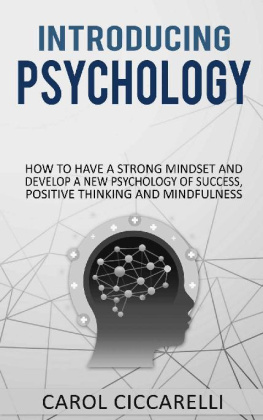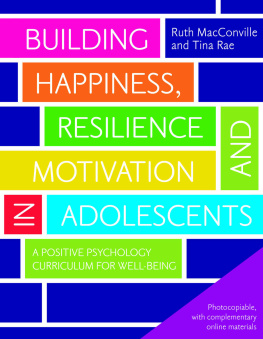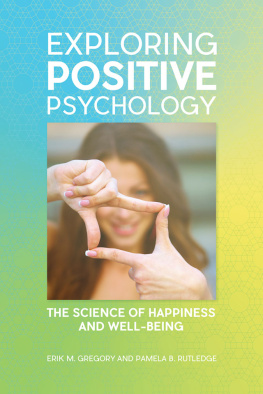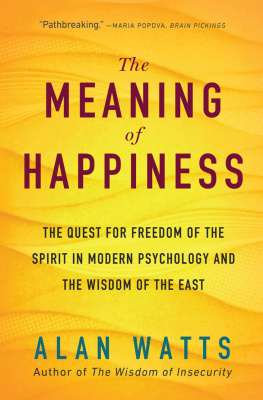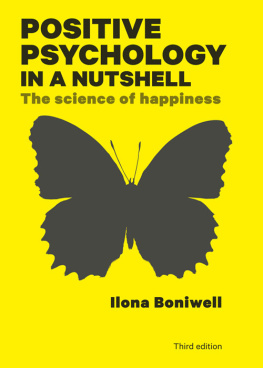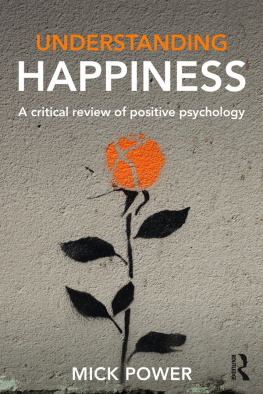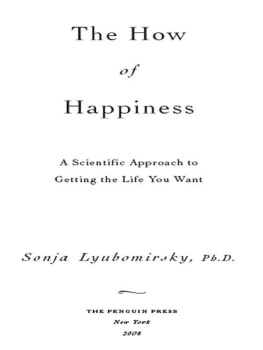Download the Audio Book Version of This Book for FREE
If you love listening to audio books on-the-go, I have great news for you. You can download the audio book version of this book for FREE just by signing up for a FREE 30-day audible trial! See below for more details!

Audible Trial Benefits
As an audible customer, you will receive the below benefits with your 30-day free trial:
- FREE audible book copy of this book
- After the trial, you will get 1 credit each month to use on any audiobook
- Your credits automatically roll over to the next month if you dont use them
- Choose from Audibles 200,000 + titles
- Listen anywhere with the Audible app across multiple devices
- Make easy, no-hassle exchanges of any audiobook you dont love
- Keep your audiobooks forever, even if you cancel your membership
- And much more
Click the links below to get started!
https://www.audible.com/pd/B07NQR4S4G/?source_code=AUDFPWS0223189MWT-BK-ACX0-143193&ref=acx_bty_BK_ACX0_143193_rh_us
https://www.audible.co.uk/pd/B07NQQY8N1/?source_code=AUKFrDlWS02231890H6-BK-ACX0-143193&ref=acx_bty_BK_ACX0_143193_rh_uk
https://www.audible.fr/pd/B07NQTCBW8/?source_code=FRAORWS022318903B-BK-ACX0-143193&ref=acx_bty_BK_ACX0_143193_rh_fr
https://www.audible.de/pd/B07NQRWJ2M/?source_code=EKAORWS0223189009-BK-ACX0-143193&ref=acx_bty_BK_ACX0_143193_rh_de
Table of Contents
INTRODUCTION
History
Positive Psychology Theory
Wisdom
Courage
Humanity
Justice
Temperance
Transcendence
Positive Emotions
Engagement
Relationship
Meaning
Accomplishment
Exercises and Tools
Research
Conclusion
INTRODUCTION
Human beings have been on this Earth for many thousands of years and throughout that time on Earth there have been many different human experiments and societies that sought to order the world. This mastery of the environment is a particularly human trait and one not expressed or yet discovered in any other organism. Through the discovery and use of sciences man has sought to understand and control the outside world and himself. Ancient philosophers and scientists tried to define the world in terms of planetary movement and the interaction of the spiritual and physical worlds. As human evolution progressed we moved into towns and cities and civilization began progressing as well. With this increased mastery came ease of life and comfort that could not be experienced by our forebears. It also revealed certain aspects of human life that were not evident in previous iterations of human life. Philosophers and scientists were constantly trying to define the world and attach meaning to it. Often times this was done through a religious lens as thinkers of the time had difficulty escaping the vocabulary of their contemporaries. The first thought of man as something special and apart from nature had religious undertones and if not exactly implicit in the language it was understood to be the case. It is no wonder then that the scientists that came later adopted the language of their predecessors as they continued their study. This did begin to change though as different religions and philosophical thoughts came into contact and competition with each other. Eventually the physical sciences were developed to an extent that identified the reality of our world and mans place in it. This led to a shift in focus and understanding of the sciences. After this shift, for centuries, the physical world was explored and examined and mans place in it viewed as just another natural occurrence. Essentially another cog in the wheel of nature. Man could be summed up just as the cosmos could, by cause and effect of a physical nature. The rebellion from religious thought led to a pendulum swing far to the other side of scientific thought in which nothing that could not be observed and counted should not be theorized upon. Not until the contemporary scientists understanding of the physical world was taxed and pushed beyond physical explanations was thought given to the unseen aspects of the human mind and body. This shift did not happen quickly or in isolation. Many other disciplines were involved in developing techniques and equipment which led to this shift in focus and development of a new scientific discipline. This new discipline was called psychology and it rested on the foundation of all the sciences that came before it. While psychology would focus on the less than physical aspects of the mind it would not deal with the supernatural or unexplainable. This new science would be an integral member of the scientific community by adopting the methods deemed so important by that community. Psychology would seek to identify what it was to be human in a more than physical sense. Psychology would seek to demystify the previously misunderstood aspects of human beings as the close minded empiricists viewed them. As technology advanced and psychology adopted these changes it would be progressed greatly in the second half of the twentieth century. The study of the human mind and behaviors had become as recognized as any of the hard sciences defined by those practicing Chemistry and Biology. Psychology began to establish its own scientific validity. It became apparent though that psychology was focused on inefficiencies. Disabilities and mental illnesses were the focus of these early psychologists because they lacked the ability to define the normal human, much less the thriving human. Instead, focusing on the human experiencing difficulty led to the development of theories that sought to define the normal human experience. This was the way and method of psychology as a professional science until the middle of the twentieth century. After conducting research along the standard lines of inquiry a set of psychologists developed a theory. This theory led to the development of an approach to the treatment and definition of mental health. This new approach would come to be called Positive psychology and lead to an amazing number of scientific studies and insights. This new science would not focus on problems or illnesses but rather on healthy human minds and experiences. In the several decades that this new psychology has been studied and followed there have been many discoveries and studies that contribute to the overall efficacy of psychological literature. Many have characterized this particular focus amongst specialists as an ignoring of the difficult issues and problems that face the human psyche. The practitioners of this branch of psychology though, would caution against that line of thinking. Positive psychology is not attempting to dissuade the experimenting on and discovering of solutions to mental illness. Instead this new psychology simply asks that there be an even amount of time and effort spent on improving goodness and correcting illness. In fact, as shall be illustrated later, it is important to study the deficiencies and problems the human mind faces in order to discover what treatments or activities can be beneficial to those conditions as well as improving the well-being without those conditions. As this new psychology gained traction and became recognized as valid in the scientific community there was and has been more detailed research into the utilization of the ideas put forth. Emotions and motivations were given strict definitions and were even broken down into the constituent parts allowing the study of each and their influences. Further study and even meta-studies revealed the efficacy of these definitions and even better ways to put them into action in everyday life. This book is an attempt to chronicle the advancement of psychology as a science as Positive psychology as a discipline within it. Positive psychology is focused on increasing well-being and enjoyment of life and is one of the more recent disciplines within psychology. The findings of the basic research that established the foundations of Positive psychology will be discussed and defined. The benefits of this new science though cannot be truly understood until they are put into effect. That is why this book will also cover several methods for increasing well-being and engagement in life. All of the health and psychological benefits of Positive psychology are cataloged and exercises associated with are provided. It is the sincere Hope that after this experience one will understand how to speak about their happiness and discover several tools to help in achieving and living the good life. The history and theory of psychology is essential to understanding the fundamentals that the new psychology to build a flourishing life are built. Once the past of the discipline is exposed and understands the modern underpinnings can be examined in more detail. Understanding the building blocks on a flourishing life enable a person to identify areas where they need to build and also help to illuminate those strengths we naturally excel in. Applying this new knowledge is the purpose of this entire exercise and so must also be discussed. While there are many ways to incorporate the learnings of scientists they cannot all be covered in a single document. Instead we will look at some the most widely recognized and accepted tools and exercises to evaluate and incorporate strengths in life and begin thriving.

